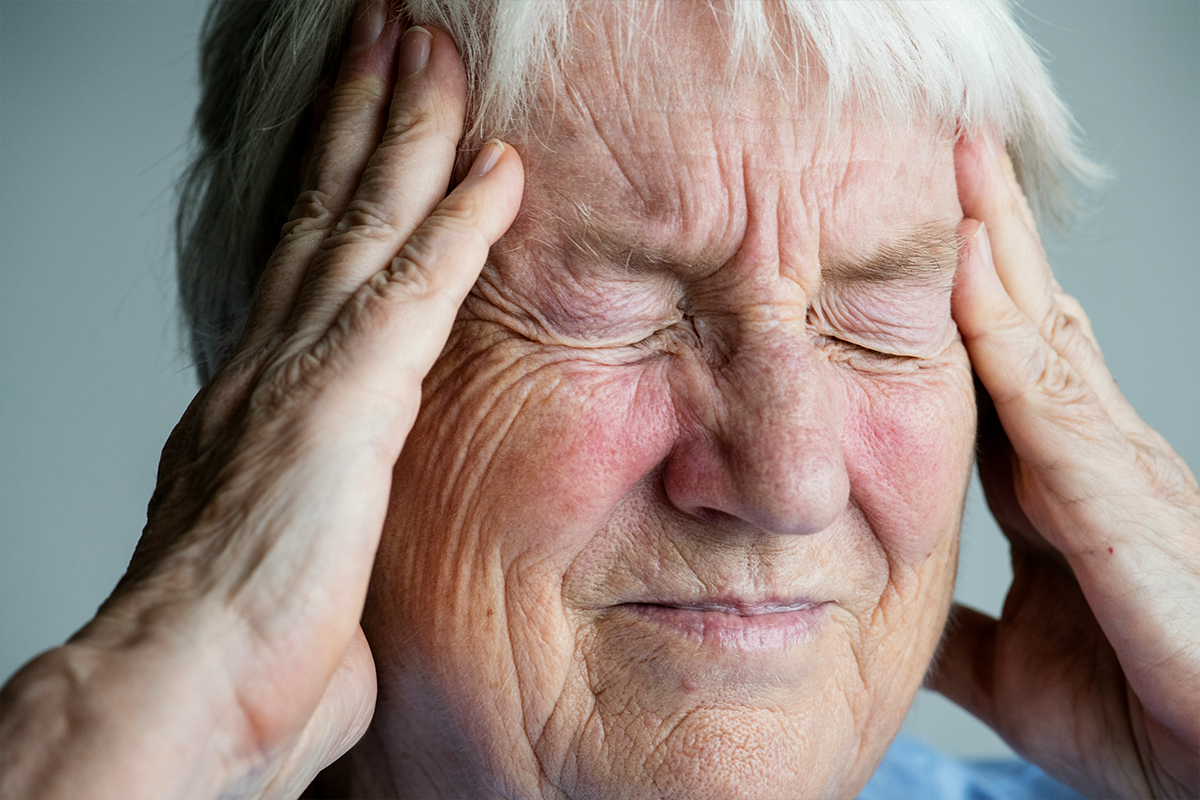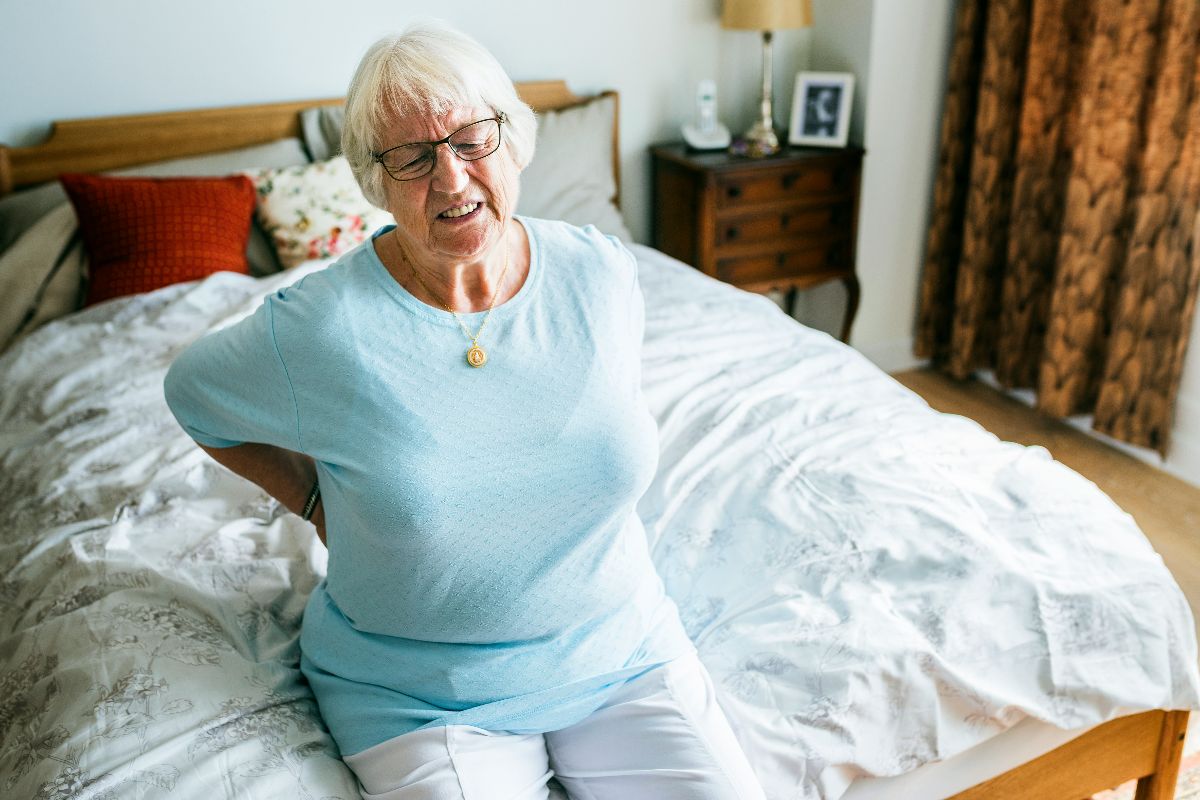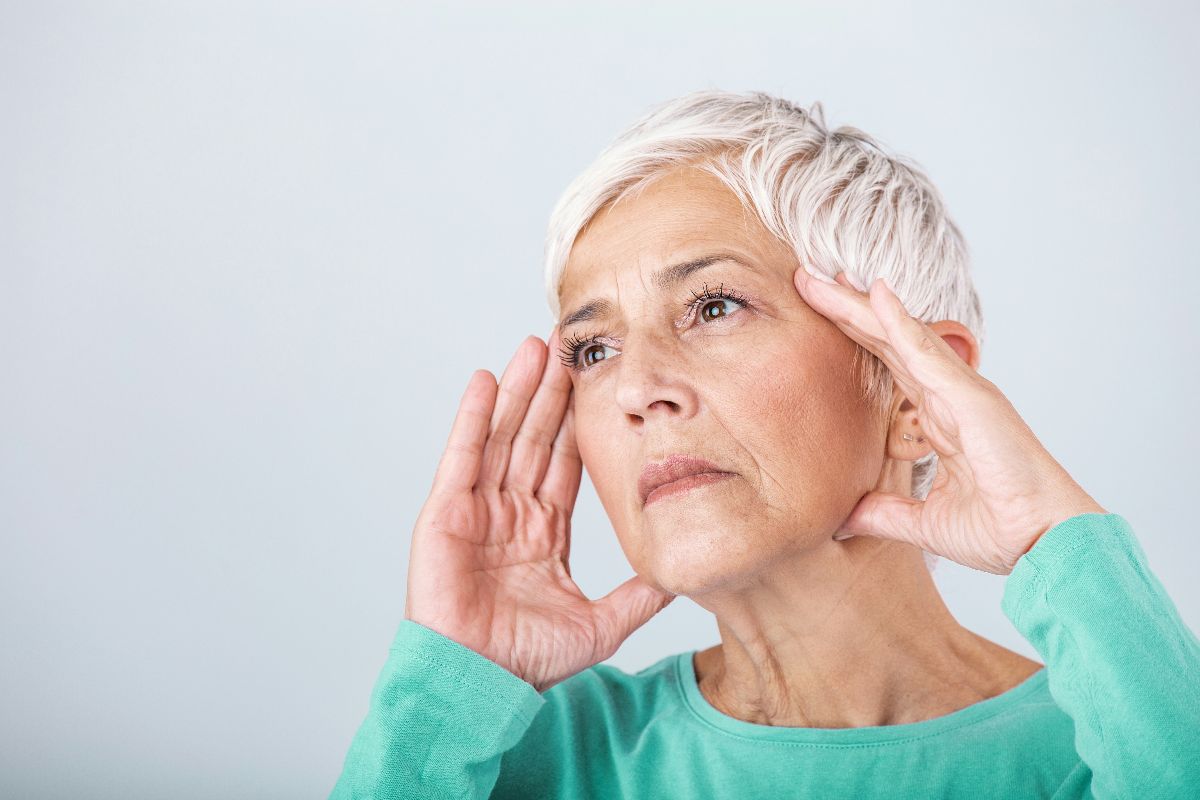Navigating the intertwined experiences of hot flashes and anxiety can be challenging, particularly during the transitional phases of perimenopause and menopause. As you seek to understand this complex relationship, you may question why these symptoms frequently occur together and whether one might trigger the other. This article will delve into the potential causes behind these concurrent experiences and offer practical management tips. By exploring lifestyle changes, treatment options, and professional guidance, you can find strategies to alleviate these symptoms and improve your quality of life during this significant stage. Embrace a journey of understanding and empowerment as you explore these topics.
The connection between hot flashes and anxiety
Hot flashes and anxiety are closely linked, particularly during menopause and perimenopause, though the relationship is complex and bidirectional.
- Hormonal Changes: Declining estrogen levels during menopause affect the brain's temperature regulation, leading to hot flashes. These same hormonal shifts can also increase baseline anxiety and the risk of mood changes.
- Physiological Response: Anxiety activates the body's stress response (the "fight or flight" mechanism), releasing stress hormones like adrenaline. This causes increased heart rate, circulation, and body temperature, which can trigger hot flashes or sensations similar to them.
- Bidirectional Triggering: Anxiety can trigger hot flashes, and experiencing a hot flash can provoke anxiety. The sudden, intense physical symptoms of a hot flash such as heat, sweating, and palpitations, can be distressing and lead to feelings of nervousness or panic. Conversely, the fear or anticipation of having a hot flash can itself provoke anxiety, creating a feedback loop.
- Sleep Disruption: Nighttime hot flashes (night sweats) can disrupt sleep, and poor sleep quality is strongly associated with increased anxiety. This further reinforces the cycle between hot flashes and anxiety, especially during menopause.
Studies show that women with higher anxiety, especially somatic anxiety (physical symptoms like heart pounding or facial flushing), are significantly more likely to experience hot flashes. One long-term study found that women with high somatic anxiety had more than three times the risk of hot flashes compared to those with low anxiety.
How to manage hot flashes and anxiety?
Lifestyle changes
- Practice regular physical activity like walking or yoga to promote relaxation and improve overall health
- Engage in mindfulness practices such as meditation and deep breathing exercises to manage stress and stabilize emotions
- Maintain a balanced diet rich in whole foods to help alleviate symptoms. Consider focusing on food against hot flashes, such as incorporating more fruits, vegetables, whole grains, and plant-based proteins, which may help reduce the frequency and severity of hot flashes.
- Reduce intake of potential triggers like caffeine, alcohol, and spicy foods
- Stay hydrated by drinking plenty of water to aid in regulating body temperature during hot flashes
Herbal and dietary supplements
- Consider supplements like black cohosh and evening primrose oil, which may help manage hot flashes (consult a healthcare provider first)
- For anxiety relief, explore supplements like ashwagandha or L-theanine, known for their calming and stress-reducing properties
💡 Discuss any supplement use with a healthcare professional to ensure safety and avoid potential interactions with medications especially if you are currently taking an SSRI (antidepressant).
Medical treatment
- Hormone replacement therapy (HRT) can be an option for reducing hot flashes, but weigh the potential risks carefully
- Cognitive behavioral therapy (CBT) can help reframe negative thought patterns and develop effective stress management strategies for anxiety
- Medications like selective serotonin reuptake inhibitors (SSRIs) or serotonin-norepinephrine reuptake inhibitors (SNRIs) may be prescribed to balance neurotransmitters and alleviate anxiety symptoms
Work closely with your healthcare team to find a personalized approach that prioritizes your overall well-being and addresses your specific needs
How can I tell if my hot flashes are caused by anxiety or hormones?
Hot flashes can be uncomfortable and confusing, especially when trying to determine whether they are caused by hormonal changes or anxiety. Understanding the differences between these two causes is key to managing your symptoms effectively.
Hormonal hot flashes: what you need to know
Hormonal hot flashes are most commonly linked to menopause and the natural decline in estrogen levels. These hot flashes tend to be more predictable and consistent over time. Typical symptoms include:
- Sudden feelings of intense warmth, often starting in the chest or face
- Profuse sweating, especially at night (night sweats)
- Irregular menstrual periods or complete cessation of periods
- Vaginal dryness or discomfort
- Sleep disturbances
- Sometimes, a bad headache and hot flashes can occur together, especially during hormonal fluctuations.
💡 If you are a woman in your 40s or 50s experiencing these symptoms, hormonal changes are likely the cause. These symptoms are a hallmark of perimenopause and menopause.
Anxiety-Induced Hot Flashes: Key Signs
Hot flashes caused by anxiety or stress can feel similar but usually occur in response to emotional triggers or stressful situations. Unlike hormonal hot flashes, anxiety-related episodes may be:
- More sporadic and unpredictable
- Accompanied by feelings of panic, nervousness, or a racing heart
- Linked to other anxiety symptoms such as shortness of breath, trembling, or dizziness
💡 Tracking your symptoms and noting when they occur can help identify if anxiety is the main trigger.
How long do hot flashes from anxiety usually last?
Hot flashes caused by anxiety typically last between 1 and 5 minutes per episode. These sudden sensations of intense heat and sweating occur due to the body’s "fight or flight" response, which releases stress hormones that increase blood flow and circulation.
Unlike menopausal hot flashes, which can last from 2 to 10 minutes and may continue for several years, anxiety-related hot flashes are usually brief and resolve quickly within a few minutes.
Does lack of sleep increase anxiety and hot flashes?
Before diving into the details, it’s important to understand how lack of sleep affects anxiety and hot flashes, and how these issues feed into one another.
Sleep deprivation and anxiety
Lack of sleep is strongly linked to increased anxiety.
💡 Sleep deprivation disrupts neurotransmitter balance and elevates stress hormones, making individuals more vulnerable to anxiety and mood disorders.
This relationship is bidirectional: anxiety can worsen sleep problems, creating a vicious cycle where poor sleep leads to more anxiety, and anxiety in turn disrupts sleep even further. This cycle is particularly relevant in the context of menopause and insomnia, as midlife women often experience both anxiety and sleep disturbances.
Sleep deprivation and hot flashes
Hot flashes—especially those occurring at night (night sweats)—are a well-known cause of disrupted sleep during menopause. However, the relationship also works in reverse: poor sleep can increase the frequency and severity of hot flashes.
Research shows that women with more severe nighttime hot flashes report higher levels of anxiety, and poor sleep quality is a key factor linking these symptoms. Sleep deprivation impairs the body's ability to regulate temperature, which may trigger or worsen hot flashes.
An interconnected vicious cycle
- Women experiencing more severe nighttime hot flashes also report higher anxiety levels, with poor sleep quality being a key factor linking the two.
- Anxiety can trigger hot flashes through the body’s stress response, and hot flashes can provoke anxiety due to their sudden and distressing nature.
💡 This creates a feedback loop: hot flashes disrupt sleep, poor sleep increases anxiety, and anxiety worsens both sleep and hot flashes.
In understanding the intricate relationship between hot flashes and anxiety, you empower yourself to take proactive steps toward well-being during perimenopause and menopause. Recognizing that these symptoms often coexist can alleviate the uncertainty, fostering a more compassionate approach to managing them. By integrating lifestyle adjustments, exploring treatment options, and seeking professional guidance, you can navigate this transformative phase with greater ease and confidence. Remember, you are not alone in this journey; the insights and strategies shared here aim to support your unique experience, ensuring that you feel informed and empowered at every step of the way.
Sources:





